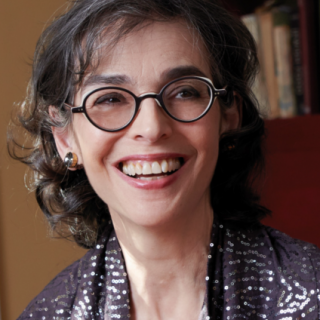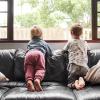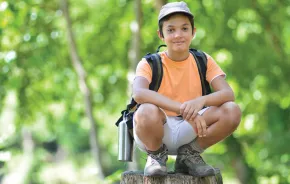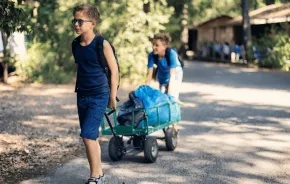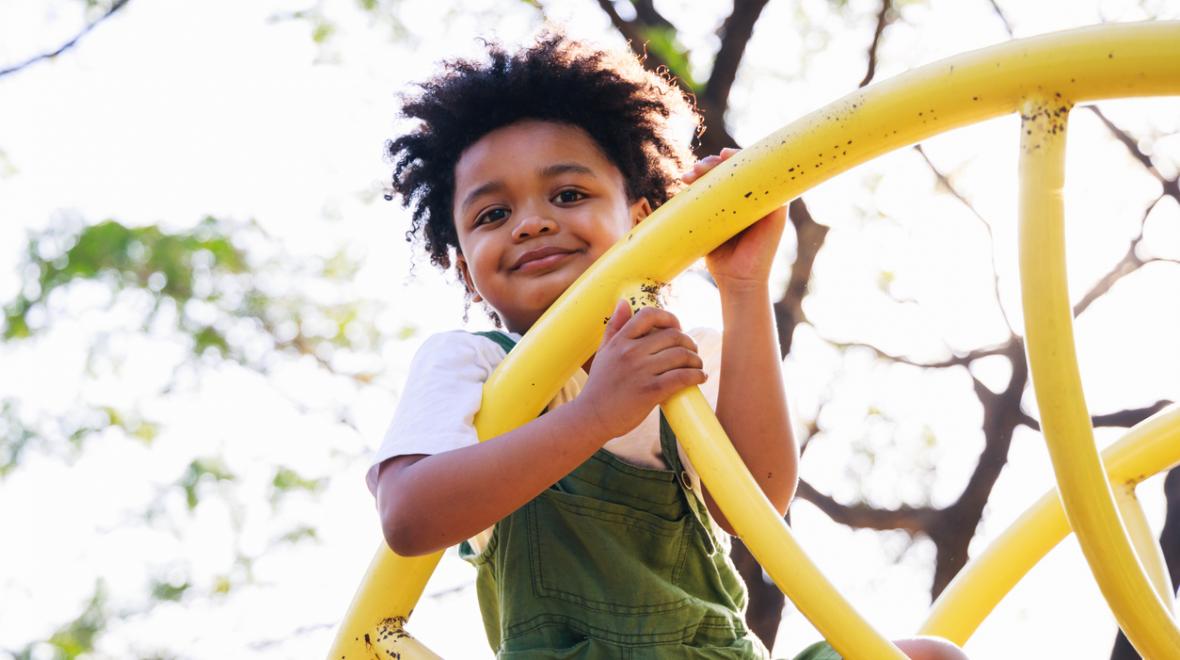
Editor’s note: This article was first published on Let Grow, the nonprofit promoting childhood independence and resilience, which provides free materials for schools and parents. It is reprinted here by permission.
Dale Farran is a researcher who spent a decade studying two groups of kids: a thousand kids who attended a state-run pre-kindergarten program, and a control group of kids who did not attend such a program. The results comparing the two groups’ outcomes are not what we might expect. Here’s what she discovered:
By sixth grade, the students who attended the pre-K program were doing worse than the kids who didn’t attend, on a number of factors: The pre-K kids had lower scores on reading, math and science assessments, and higher numbers of learning disorders and discipline problems — including serious ones that got them suspended from school.
“It really has required a lot of soul-searching,” Farran told Anya Kamenetz on NPR, about her findings. Having studied early childhood education for decades, Farran told NPR she has now been forced to ponder “what were plausible reasons that may account for this.”
Pre-K for the rich is different
One theory she has considered is that free pre-K doesn’t look like pricey pre-K. Well-off parents usually send their kids to programs that have lots of time for art, music and, especially, unstructured play. Heck, the richest kids get to play in the forest with sticks and mud.
“This [was] not what Farran was seeing in classrooms full of kids in poverty,” noted NPR. Instead, she was seeing kids stuck tracing letters on worksheets, or trying not to squirm as teachers delivered lectures. The kids also spent a lot of time simply schlepping from one activity to another, while being told to keep quiet and not touch each other. This routine fit the directive: State-run preschools were told to provide the kids with five and a half hours of “instructional time” each day.
For kids who are 4 years old.
The problem with academic pre-K
Conducted in tandem with a team of Vanderbilt University researchers, Farran’s study arrived at either the best or worst time: Just as there was talk of reviving an element of President Biden’s “Build Back Better” proposal: to provide free, state-run preschool for all 3- and 4-year-olds.
Dr. Peter Gray, a Boston College Psychology Professor, co-founder of Let Grow, and author of a popular college psychology textbook, found the timing auspicious. “If this study doesn’t put the nail in the coffin of academic training for little children,” he said, “it’s hard to imagine what will.”
How the study was conducted
Here’s how Farran’s study unfolded: About 3,000 kids applied for a free pre-K program in the state of Tennessee. The program was open only to low-income families. A lottery determined who got in, creating a natural A/B split: Two demographically identical groups, one that got into the program staffed by fully licensed teachers, the other a “control group,” left on their own until the start of kindergarten.
Of the kids in the control group, the majority (63 percent of the kids) were simply cared for at home. The rest were pretty evenly divided between Head Start programs and private childcare. All of the families lived below the poverty line.
At first, it looked like the kids who’d won the lottery had, well, won the lottery. They did better on academic tests when entering kindergarten. But by third grade, those gains were already reversing. By sixth grade, the pre-K kids were 48 percent more likely to have committed a behavioral offense, and 75 percent more likely to have been diagnosed with a learning issue. Meantime, on assessment tests, the gap kept growing — with the pre-K kids at the bottom.
The importance of play
Gray found these outcomes to be predictable. When kids are pushed into academics before they are ready, he said, it disrupts the natural unfolding of curiosity, mastery and joy. It’s like being forced to take poker lessons before mastering Go Fish. Kids may feel lost, bored and dumb. They may decide they hate school, or that the only way to escape is to act out.
Compare that to plain-old playing, where kids discover how to make things happen, try out new ideas and make friends. This requires learning “self-management” — the ability to hold yourself together enough that other kids want to play with you. Those are real lessons — some of life’s biggest. There’s time for academics later.
Public preschool “should be play-based and modeled on the successful private preschools who have continued with this curriculum despite pressure from parents and some educators to push learning the ABCs, reading and math from boring handouts,” said Arlene Virga, a retired educator and executive director of a children’s sports association that served tens of thousands of students in New York City.
The German model
This is something the Germans figured out 50 years ago. In a Psychology Today piece on the Tennessee study, Gray recounted an enormous educational experiment from the 1970s:
“The German government was trying to decide whether it would be a good idea, or not, to start teaching academic skills in kindergarten rather than maintain kindergarten as purely a place for play, stories, singing and the like, as it had always been before. So, they conducted a controlled experiment involving 100 kindergarten classrooms. They introduced some academic training into 50 of them and not into the other 50.
“The graduates of academic kindergartens performed better on academic tests in first grade than the others, but the difference subsequently faded, and by fourth grade, they were performing worse than the others on every measure in the study. Specifically, they scored more poorly on tests of reading and arithmetic and were less well-adjusted socially and emotionally than the controls."
Play is training
Taking these results to heart — and, even better, to policy — the Germans decided not to pursue academic pre-K and kept it play-based. Researcher Farran’s work points to the same conclusion: Maybe little kids don’t need intensive academic training.
Put another way: Maybe play is the intensive training.




